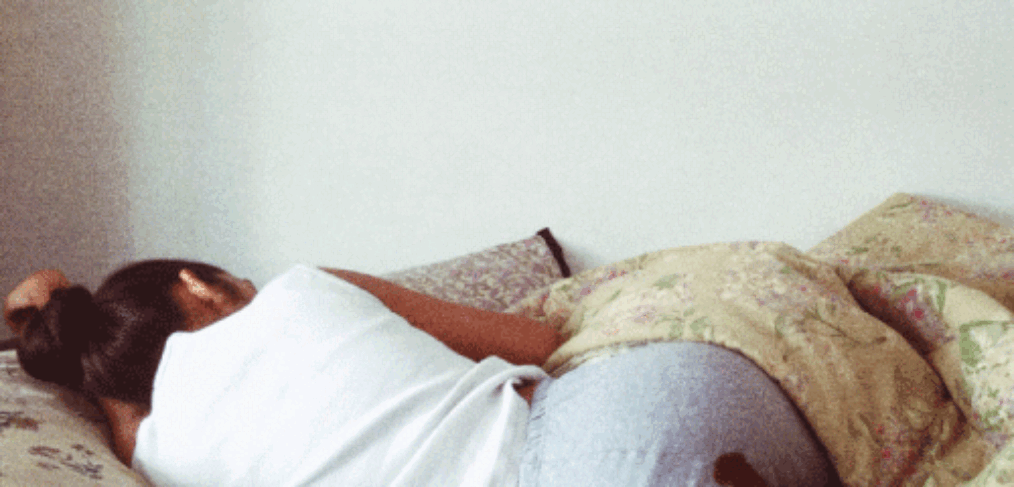It’s the new year! That magical time when everything seems to lie ahead of you and you envision yourself anew. One of the ways that many of you will do this is with a slimmer body. Over the past year (or even the past few years), you may have put on a few pounds, and you believe everything would be better if you lost it. Or maybe you catch yourself as you walk past a mirror; you gaze uncomfortably at the reflection of a larger self than you realized and can’t help thinking that you’re not the way you know yourself to be. Either way, changing your body typically means going on a diet. But if you’ve gone on diets before, you know you usually gain the weight back…if not more. You think if you could only do it better or if you could just find the right diet for your body type, then it would be different. You end up feeling like a failure. But have you ever stopped to wonder if you are really the problem? Maybe diets are the problem. On that verdict, the jury is in. Statistics say and have said for years that only 2-5% of those who embark on a diet will lose the weight they want and keep it off.
Those who do “succeed” often do so because they are willing to see the rest of their lives as a form of diet. Even the “saner” exercise-based programs for weight loss do not fare much better. And yet one of every two US women is on a diet right now. Girls are going on their first diet younger and younger. More and more men are joining women’s “dieting” ranks. When you include diet pop, gym memberships and bariatric surgery, in 2013, Americans spent $66 billion dollars on the weight loss industry. Canada is not far behind with its numbers.
Why is permanent weight loss so hard? I mean really, it should be as simple as “less in and more out.” To add insult to injury, obesity rates in the affluent western world continue to rise. I believe that there are many interesting reasons for this, and will be writing a series of articles on this in the coming months on this blog.
The first thing I want to emphasize is that diets don’t work. Why not? Because they are based on deprivation, and deprivation sets up an equal and opposite reaction. Weight gain. There is a brilliant illustration of this in the aptly titled book Diets Don’t Work! by Bob Schwartz.



